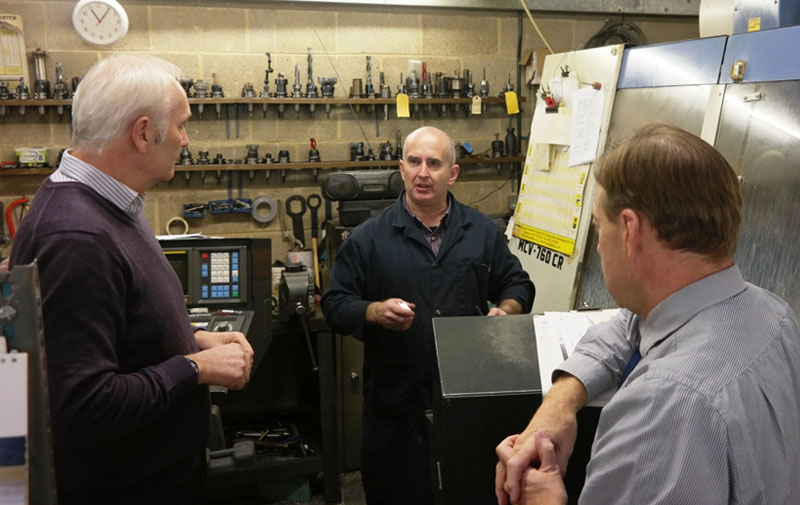You want to motivate and reward your team, so you provide them with a package which is salary, time off, and various other benefits. The government is insisting that all employees have access to a pension so this needs to be factored in if you’re not doing it already.
A security client has a team member who is married with two children. He is paid just about the average salary in the UK this year. He’s been offered another job at 20% more. As he is managing to pay his mortgage, clothe the kids and generally deal with all the basics, this extra money would make a big difference to their life enjoyment. But he doesn’t want to leave. He would prefer extra holiday. That’s really quite interesting. That family has made a value judgement as to what is important to them, and it’s not money – it’s time together. Even though the time together will have some cost – the odd ice cream or trip to the zoo will still have to come out of their existing income.
We’ve had conversations on this topic with clients quite frequently recently. They want to retain their good people, so they are thinking of a benefits package which will do that. The term golden handcuffs has been used.
Millennials – people starting work this century – don’t have the same view of work that the previous generation has. They are far less interested in corporate objectives and climbing the ladder. They relate to their own peer group for advice and inspiration. Just like teenagers look to their peer group rather than their parents. And this peer group is usually more interested in the quality of the work it is doing and the environment it’s doing it in than a pure profit motivated solution. We discussed before how there is a change away from a pure shareholder value, profit indoctrinated society to a more inclusive one where the quality of life is as important as the quantity of benefits you get. This piece asked if a model to encourage team participation could be developed. Yes, it has, and works for SMEs and is now being trialled for large entities. It’s certainly happening, and it might be within your team now, at least in part.
That means employee benefits have to change as well. What is the point in handcuffing employees in with a generous pension scheme, childcare vouchers, and other benefits which are difficult to replicate somewhere else, if that results in an employee who wants to move but doesn’t feel they can. Will that employee give of their best to the business? Of course they won’t.
We spoke to another company who understand this quite well. They are a creative agency, whose employees are pretty much all millennials. They feed them regularly. People work for pizza! They let them watch the big game on the television in-house during office hours. They provide softer benefits which the employee then feels they are making a conscious choice to enjoy and therefore feels more in control of their life.
This doesn’t mean you don’t provide the pensions or the childcare vouchers but you make sure you build softer benefits in as well so that your team decides they want to stay. Then your team are more likely to give of their best for everybody’s benefit, including yours.
One of the discussions we are having regularly with clients relates to the need to provide a pension shortly. That has a cost to the company, and also to the employee. This is after a period of low wage growth, which has not kept up with price rises. This gives the company a dilemma – how does it manage employee expectations as well as complying with the law? We are suggesting they start the conversation with their employees a year before they need to start the pension, to get some buy in and understanding. They might also add in a conversation about swapping a bit of pay rise for an extra day or two off a year so making sure that they provide a flexible package, where salary and time can both change. Of course it has to be balanced with business needs, so it needs a grown-up conversation with your people. As they probably don’t appreciate a paternalistic or top down approach any more, it’s high time that was started.
